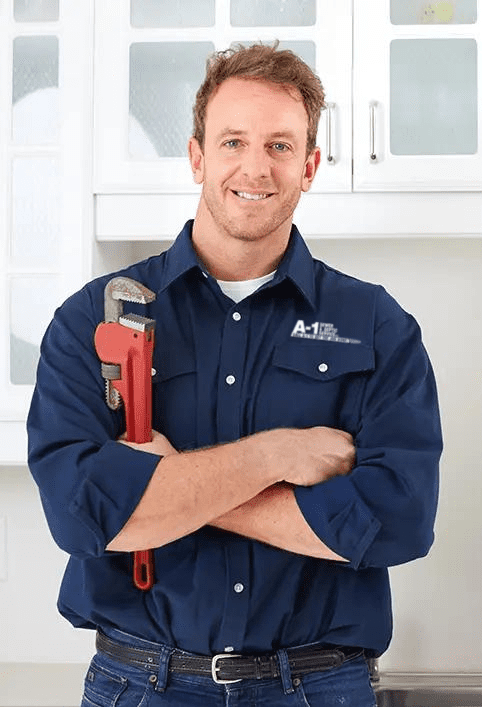Know the Signs of a Gas Leak to Stay Safe
There’s a very good reason why gas leaks make the news. Natural gas is highly combustible and can quickly turn into a fire or an explosion. But what exactly is a gas leak? A gas leak is a leak of natural gas from the main pipeline into your home or



